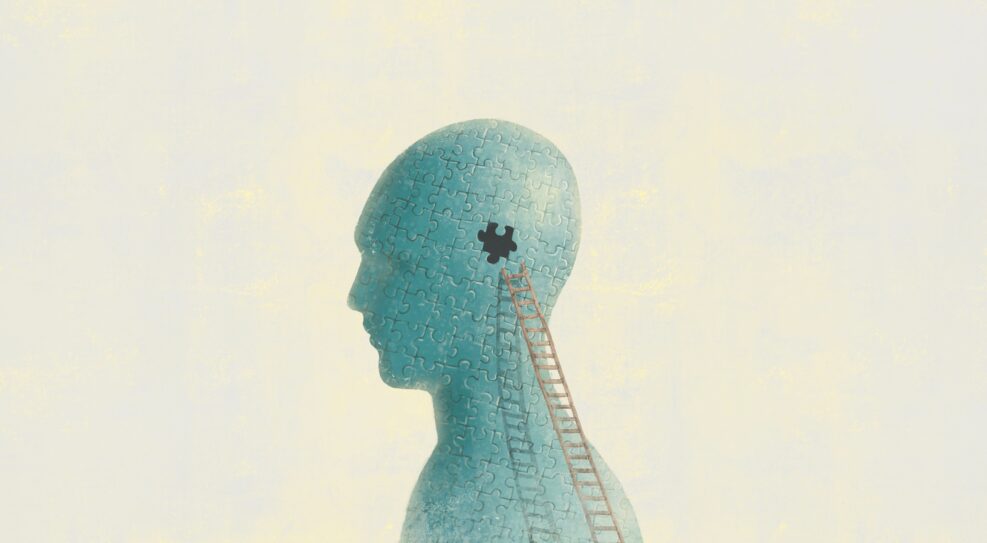
Free Will: What Are the Real Reasons to Believe in It?
Some say that free will might be a useful delusion but neuroscience provides sound reasons to believe that it is real.University of Missouri psychology professor Kennon Sheldon’s message is neatly summed up in an opening statement: “Regardless of whether humans do or don’t have free will, psychological research shows it’s beneficial to act as if you do”. The author of Freely Determined: What the New Psychology of the Self Teaches Us About How to Live (Basic Books, 2022) responds to philosophers who say that we do not have free will: All my life, I’ve struggled with the question of whether humans have ‘free will’. It catalysed my decision to become a psychologist and continues to inspire my research to this day, especially as it relates to the kinds of goals people set for themselves, and the effects of goal-striving on Read More ›


















